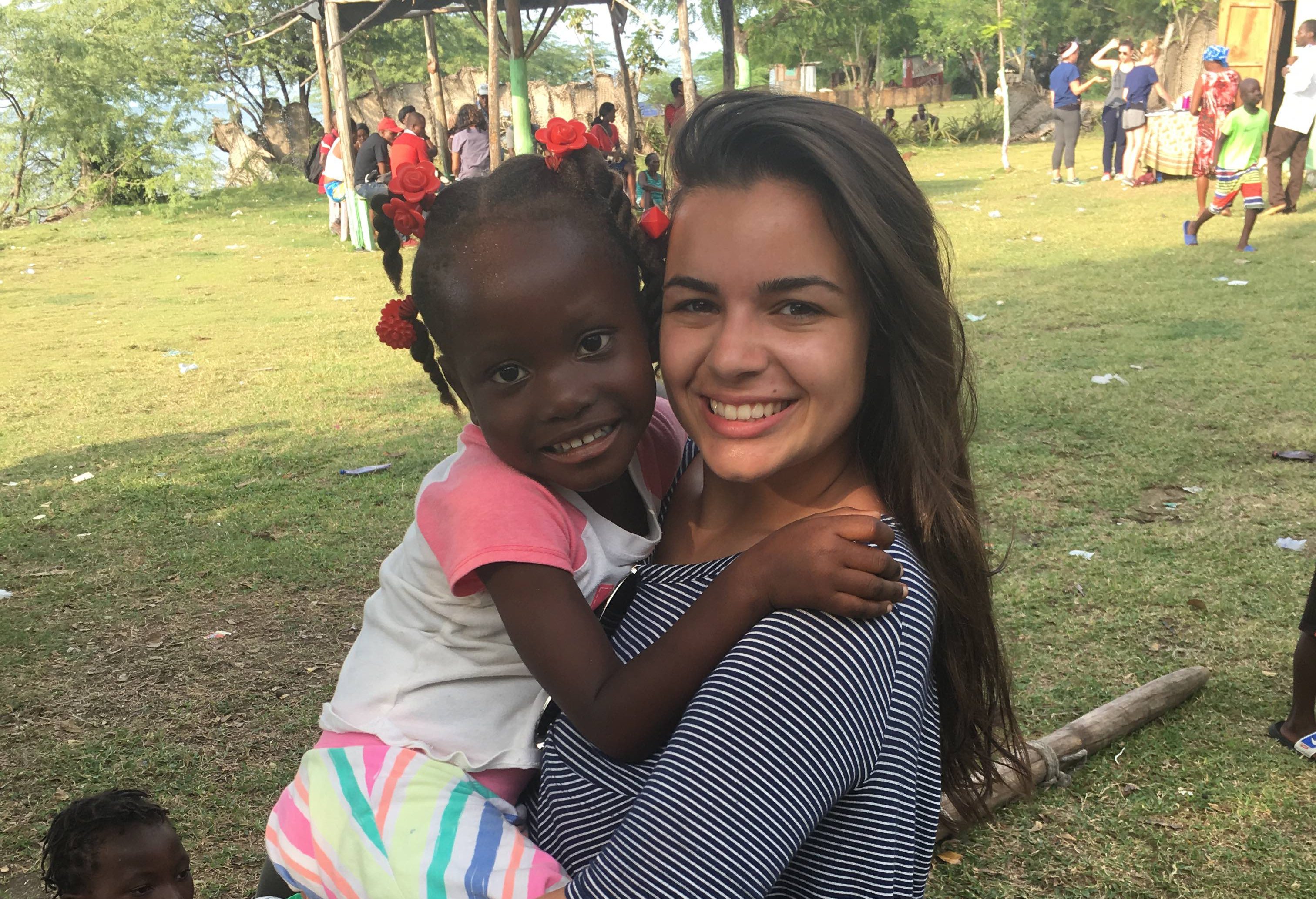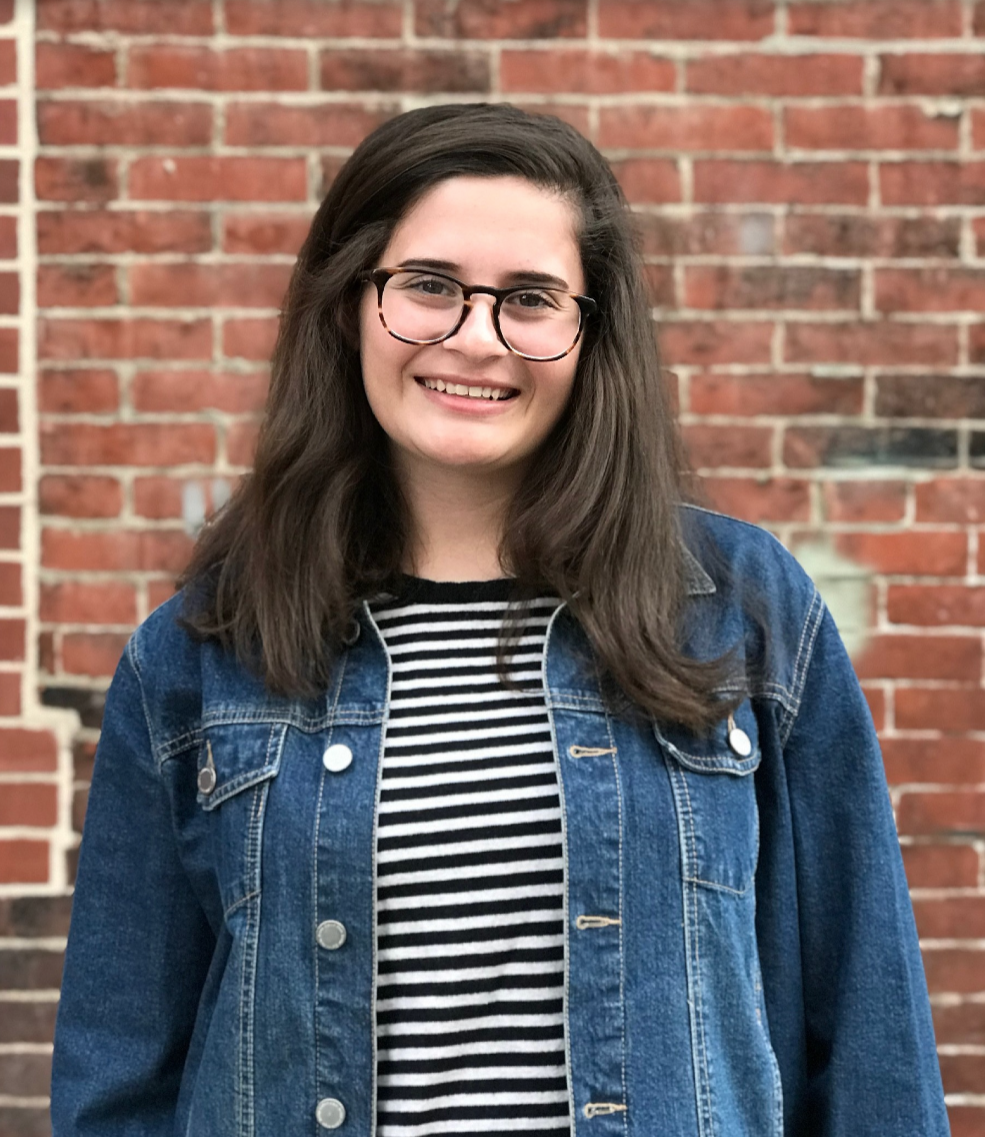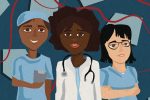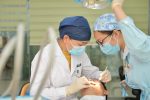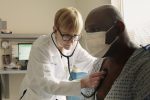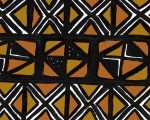When University of New Hampshire’s Francesca Brose and her family went on a cruise in 2010 that had a stop in Haiti, she instantly fell in love with the country. Just scratching the surface on exploring the country, Brose fell in love with the people and the island itself.
She remembers telling her mom that she wanted to steal food off of the ship and bring it to the poor people that wandered the streets. Obviously, that wouldn’t be a proactive way to help, but that moment sparked a flame in Brose, and, eight years later, when she saw an ad on the University of New Hampshire’s Nursing Facebook page for a service trip to Haiti, she knew she had to take part in this trip.
Brose, a junior at UNH in Durham, is an aspiring registered nurse and nurse practitioner who is interested in surgery, ICUs and trauma. Through the organization Your Story International, she was able to go back to Haiti on a service trip with some of her classmates.
Your Story International started out with a young man, Kevin Lombardi, who went to Haiti on a service trip and fell in love with his interpreter. The trip inspired Lombardi to want to make a difference in the country in a permanent way. He and his interpreter then started the organization together with the goal of providing health care for those who are sick and can’t afford it.
They also provide wellness education to the Haitian people so they can lead healthier lives and encourage the locals to spread the information to their neighbors, creating a healthier, more enlightened community.
Brose and her peers went to Haiti from Jan. 10 – 20, where the interpreters would pick a different, safe community every day for the doctors and students to look at sick patients. Ever since the devastating earthquake that struck Haiti in 2010, the Haitian people have been struggling to rebuild their country and many were left with horrible injuries and had no access to health care.
Brose described one woman who had a cut down the side of her leg that she got during the earthquake, which was eight years ago. The cut had healed itself, but it was still remarkable that she was unable to get it properly handled until eight years later.
A widespread problem that Brose picked up on while working in Haiti was that most children had intestinal parasites, due to them running around without shoes, which gave them cuts on their feet and provided access for the parasites, causing many children to have enlarged stomachs. The doctors would provide the children with a small pill that didn’t affect any other part of their overall health and the parasite would go away. The pills were just one way that the doctors and students were able to easily help a large number of people in a simple way that the children would otherwise have lacked access to.
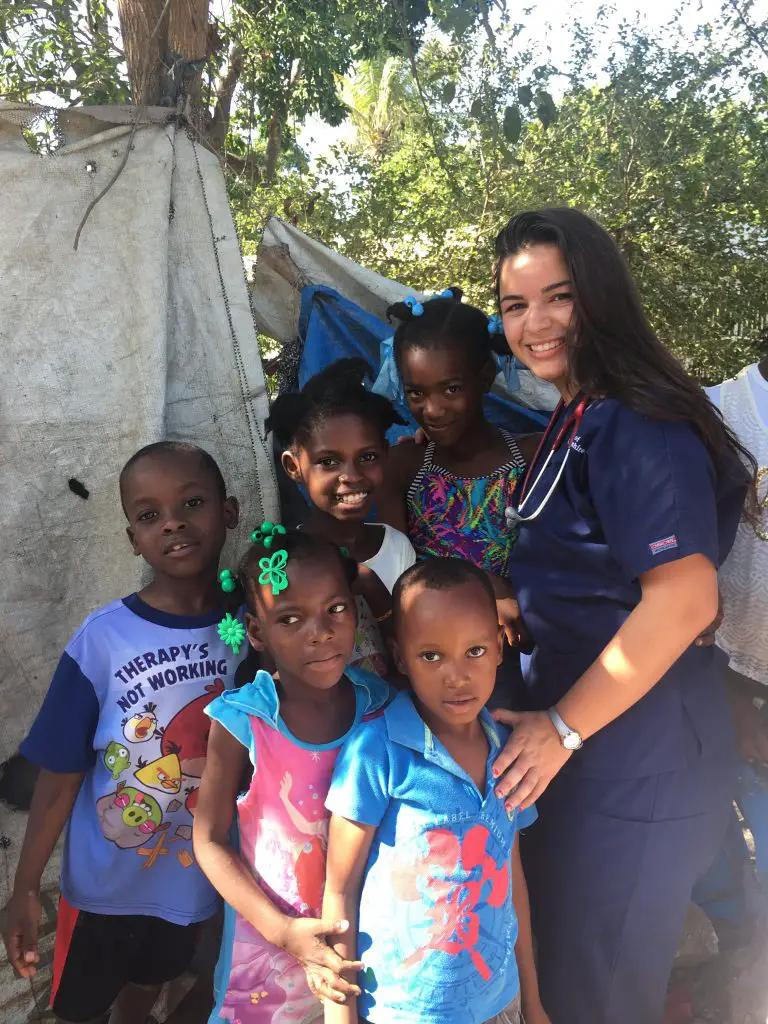
One of the main jobs Brose had while in Haiti was to take each patient’s vitals, which consisted of taking their blood pressure, heart rate, respiratory rate and temperature. As a nursing student in her third year of studying, Brose was very comfortable with completing these tasks. After recording each patient’s vitals, she would then determine if the patient was in dire need of seeing the doctor or nurse.
Because Your Story International only had one or two medical professionals on duty at a time, and because they saw over 200 cases a day, not every patient was able to see a doctor. Instead, using diagnostics such as the ones Brose collected, the organization triaged the clinic-goers and allotted resources on a need-based system.
Brose described a one-year-old boy whose lungs were considered to be “stridor,” which meant that he was in respiratory distress and the sound of his lungs crackling was audible without a stethoscope. She described most of the kids she met to be lively, happy children who enjoyed playing, so she could tell the boy was ill by his sluggish response to her playful tickling. Brose then went out of her way to make sure the boy saw the doctor before their time was up in his town.
Though the team was only on the ground for a matter of weeks, by educating the community about health and wellness, they ensured that they made a lasting impression on the locals. As a culture, Haitian people tend to eat spicier, saltier foods, which can sometimes lead to hypertension.
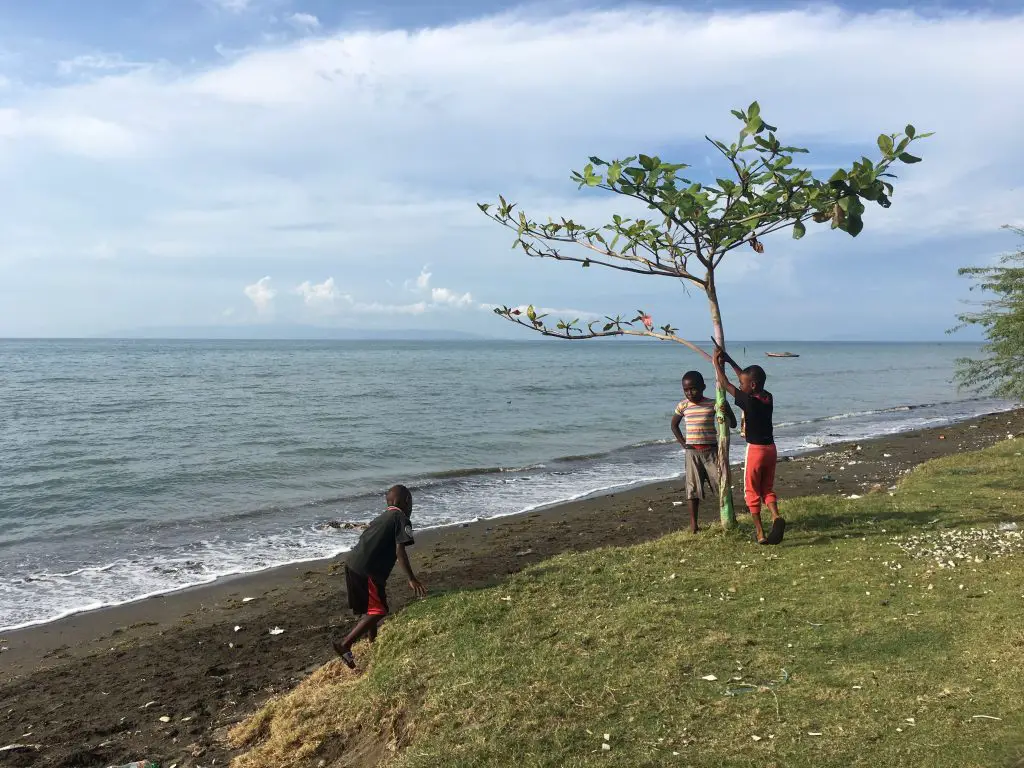
In an effort to combat future heart disease, doctors and students would educate those with higher blood pressure and heart rates on how to cook with less salt and eat healthier. These educational tips not only benefited individuals, but also the community because they spread around throughout the neighborhood, creating a healthier populace.
Brose and the other students on her trip were determined to help anyone and everyone who needed it, but sometimes there was nothing they could do. Brose described one patient, a daughter of a mother with seven kids, who was completely limp and couldn’t walk on her own.
They were unable to help the girl because her condition was a birth defect and was untreatable since it was something she was born with. If she were in a different country, she could have access to a wheelchair to help her move around, but there was still nothing the students or the doctors could do to treat her.
The organization Your Story International and students like Brose are dedicated to making a positive, long-lasting impression on those who were devastated in Haiti by the earthquake and giving them permanent health care. A lot of people in Haiti are sick due to a lack of access to health care, which means they don’t receive yearly check-ups or have drug stores on every corner like most first-world countries do. Brose wishes that people would stop taking the medicinal resources they have easy access to for granted and they should step up and help countries like Haiti that are in desperate need of medical help for their people.


